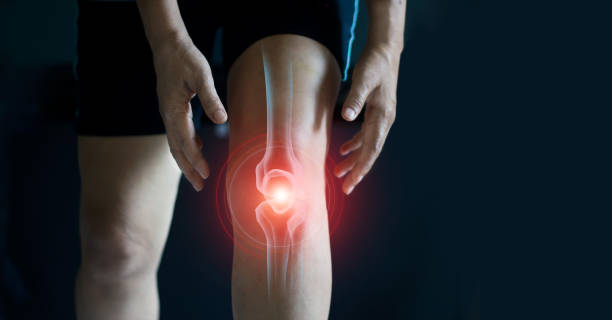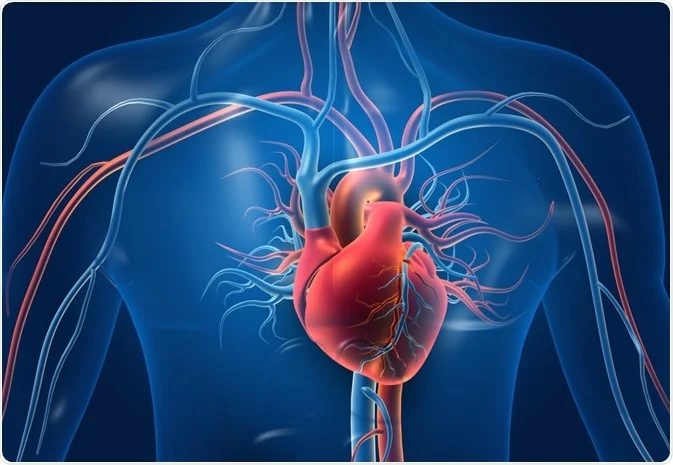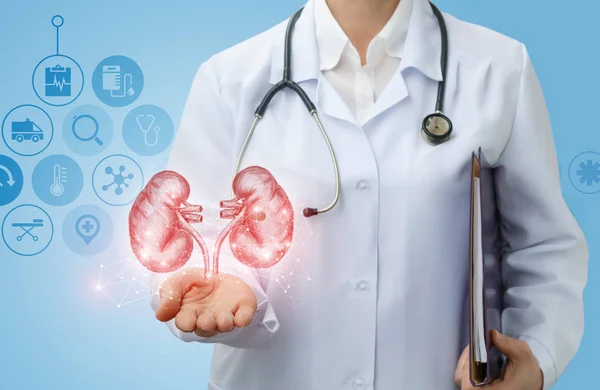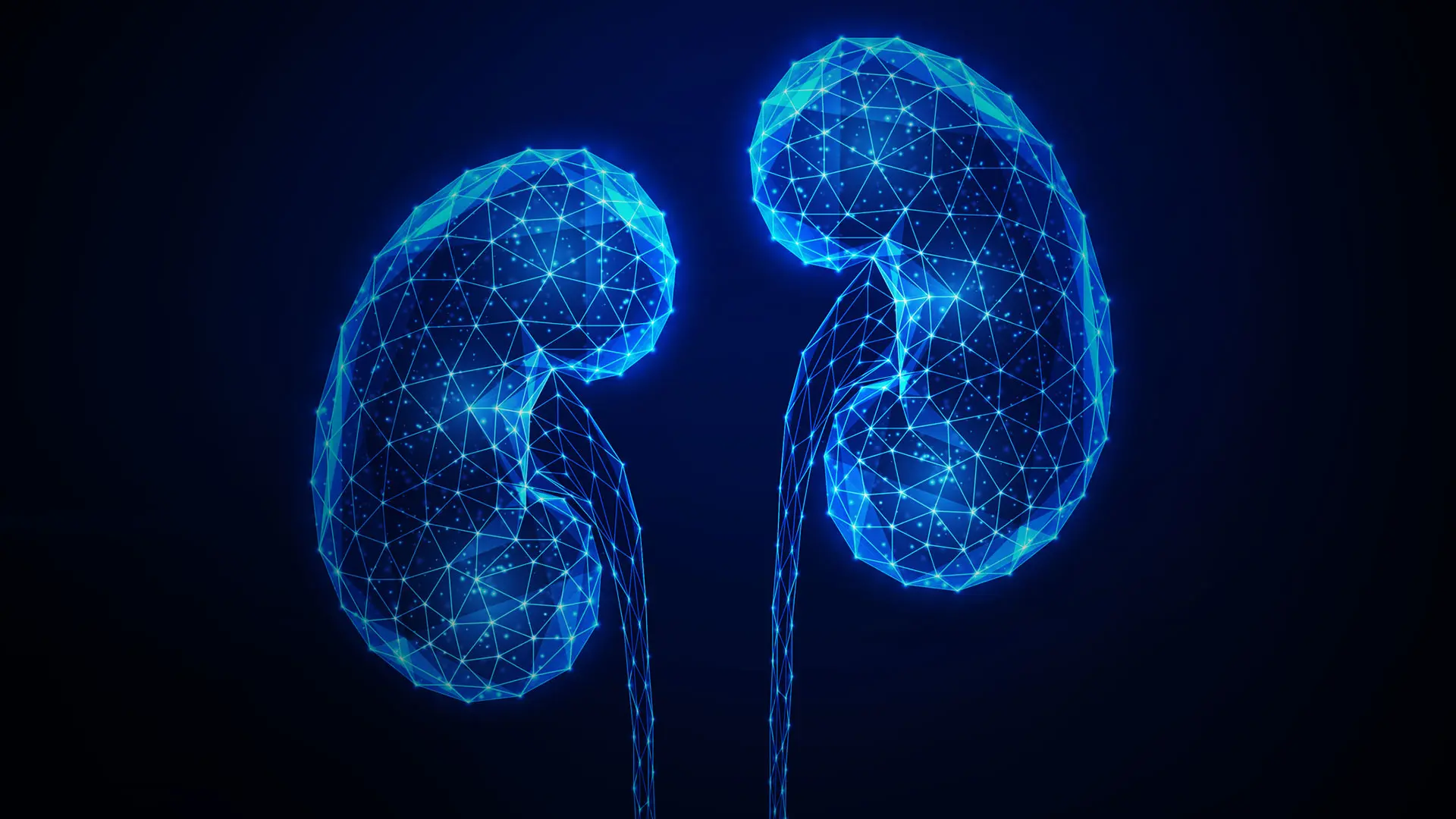
Bones and joints are essential components of the musculoskeletal system in the human body. Here's a short note on bones and joints The human body has 206 bones that provide support, protection, and attachment sites for muscles. They are composed of living tissues, primarily collagen and calcium phosphate, which give them strength. Bones come in various types, including long, short, flat, irregular, and sesamoid bones. They grow and develop through ossification, and the bone marrow produces red and white blood cells. Joints are connections between bones that allow movement and mechanical support. There are three main types of joints: fibrous, cartilaginous, and synovial joints. Fibrous joints are immovable, cartilaginous joints are slightly movable, and synovial joints are freely movable. Synovial joints, the most common type, include hinge, ball-and-socket, pivot, and other joints. Ligaments stabilize joints, and synovial joints have a synovial membrane that secretes synovial fluid for lubrication. Common Conditions: Several conditions can affect bones and joints. Arthritis, including osteoarthritis and rheumatoid arthritis, involves joint inflammation and can cause pain and stiffness. Fractures are broken bones resulting from trauma or weakened bones. Sprains occur when ligaments are stretched or torn, and dislocations happen when joint ends are forced out of place. Tendonitis is inflammation of a tendon, while bursitis involves inflamed bursae that cushion joints. Osteoporosis weakens bones and increases the risk of fractures.
The heart is a remarkable organ that plays a vital role in our bodies. It is a powerful pump that circulates oxygenated blood throughout the entire body, supplying oxygen and nutrients to all cells, tissues, and organs. Here are a few key points about the heart: The heart is a muscular organ located in the chest, slightly left of the center. It is divided into four chambers: two atria (upper chambers) and two ventricles (lower chambers). The heart is surrounded by a protective sac called the pericardium. The main function of the heart is to pump blood throughout the body. It does this by contracting and relaxing in a coordinated manner, creating a rhythmic heartbeat. The right side of the heart receives oxygen-depleted blood from the body and pumps it to the lungs for oxygenation. The left side receives oxygenated blood from the lungs and pumps it to the rest of the body. The heart has its own network of blood vessels called coronary arteries, which supply oxygen and nutrients to the heart muscle itself. If these arteries become blocked or narrowed due to conditions like atherosclerosis, it can lead to heart problems such as coronary artery disease or a heart attack. The heart has its own electrical system that controls the heartbeat. It starts with an electrical impulse generated in the sinoatrial (SA) node, known as the natural pacemaker of the heart. The impulse travels through the atria, causing them to contract. Then, it passes through the atrioventricular (AV) node and into the ventricles, causing them to contract and pump blood.


Spine surgery is a specialized surgical procedure performed on the spine to treat various spinal conditions and injuries. It involves the surgical intervention on the bones, discs, nerves, and tissues of the spine to alleviate pain, restore functionality, and improve overall quality of life. Spine surgery aims to address spinal conditions such as herniated discs, spinal stenosis, degenerative disc disease, spinal fractures, scoliosis, and spinal tumors. There are different types of spine surgery, including discectomy (removal of herniated disc material), laminectomy (removal of part of the vertebral bone to relieve pressure), fusion (joining two or more vertebrae together), artificial disc replacement, spinal decompression, and minimally invasive procedures. Spine surgery is typically performed under general anesthesia. The surgeon makes an incision in the back or neck, depending on the location of the spinal issue. Minimally invasive techniques involve smaller incisions and specialized instruments. The surgeon accesses the spine, removes damaged tissue, repairs or replaces discs, stabilizes the spine, or performs other necessary procedures. Like any surgery, spine surgery carries certain risks, including infection, bleeding, nerve damage, blood clots, or complications related to anesthesia. However, for many patients, the benefits of spine surgery can outweigh the risks, as it can relieve chronic pain, improve mobility, and enhance overall quality of life. The recovery period varies depending on the complexity of the surgery and the individual patient. Generally, patients may need to stay in the hospital for a few days after the procedure. Rehabilitation, including physical therapy, is often recommended to help regain strength, flexibility, and mobility. The full recovery process can take several weeks to months.
Kidney care refers to the maintenance and treatment of the kidneys to ensure their optimal functioning and overall health. The kidneys play a vital role in the body by filtering waste products, excess fluids, and toxins from the blood, regulating electrolyte balance, and producing hormones that control blood pressure and stimulate red blood cell production. Maintaining a healthy lifestyle is crucial for kidney care. This includes eating a balanced diet, limiting salt and processed foods, staying hydrated, avoiding excessive alcohol consumption, not smoking, and maintaining a healthy weight. Regular exercise and stress management are also beneficial. High blood pressure can damage the kidneys over time. Regular monitoring of blood pressure and taking steps to manage it within a healthy range (usually below 120/80 mmHg) is essential for kidney care. This may involve medication, dietary changes, and lifestyle modifications. Uncontrolled diabetes can lead to kidney damage. For individuals with diabetes, it is important to manage blood sugar levels through proper medication, diet, and regular monitoring. Following the advice of a healthcare professional is crucial for maintaining kidney health. Some medications and supplements can be harmful to the kidneys. It is important to follow prescribed dosages and consult a healthcare professional before taking any over-the-counter medications or supplements, especially if you have existing kidney issues.


Nephrology is a medical specialty that focuses on the diagnosis, treatment, and management of conditions and diseases that affect the kidneys. The kidneys play a vital role in maintaining the body's overall health by filtering waste products, regulating fluid balance, controlling electrolyte levels, and producing hormones involved in blood pressure regulation and red blood cell production. Nephrologists are medical doctors who specialize in nephrology. This refers to the progressive and irreversible loss of kidney function over time. Nephrologists are involved in diagnosing and managing CKD, which may involve dietary modifications, medications, and in severe cases, dialysis or kidney transplantation. AKI is a sudden and temporary decline in kidney function, often caused by factors such as severe infections, dehydration, medication toxicity, or trauma. Nephrologists play a crucial role in diagnosing and managing AKI, which may involve identifying and treating the underlying cause and providing supportive care. These are hard mineral and salt deposits that form in the kidneys. Nephrologists can help diagnose and manage kidney stones, providing treatment options such as medications, dietary modifications, and in some cases, surgical interventions. Nephrologists are involved in managing high blood pressure, especially when it is related to kidney disease. They may recommend lifestyle modifications and prescribe medications to control blood pressure and prevent further kidney damage.